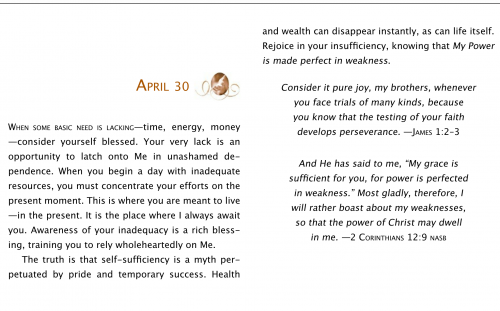Apocalyptic literature is subversive literature. This is a key point in understanding John’s reasons for writing the book of Revelation in the style that he did. Author and speaker Rob Bell has helped many people understand the Bible, including the book of Revelation, in a more helpful and hopeful way:
This letter is written in an apocalyptic, heavily symbolic way that has given people much to discuss over the years, beginning with the question: How did the first readers of this letter understand it? Because it’s written by a real pastor in a real place to a real congregation going through very real suffering. They were living at the time the letter was written under the oppressive rule of a succession of Roman Emperors who demanded they be worshipped as the “Son of God.” Christians who refused to acknowledge these Caesars as Lord were being executed, simply for being followers of Jesus.
This kind of tribulation raised very pressing questions for these people in this church that John pastored about how God runs the world and how long God would let this injustice continue. [1]
Allan Boesak, a clergy leader in the anti-apartheid movement, understood the subversive nature of John’s book, and how it spoke to oppressed people in his own day. He describes his South African situation at the height of the struggle:
More and more the government is requiring Christians to obey it without question. . . . Preachers of the gospel were imprisoned in unprecedented numbers. Church services were banned, and police attacked worshippers with tear gas, dogs, and guns. . . . We go to jail by the thousands. It is clear that the government has declared war on our defenseless people as heavily armed police and army troops besiege the black townships and invade our communities, schools, and homes. . . .
For people who face situations like these, the Apocalypse is an exciting, inspiring, and marvelous book. It is a book which, in our sociopolitical situation, is a constant call for conversion and change. . . . But we shall have to learn to read it differently. . . .
The clue to understanding the Apocalypse as protest literature—and at the same time the answer to the question as to why so few scholars understand it in this way—lies, I think, in Revelation 1:9: “I John, your brother, who share with you in Jesus the tribulation and the kingdom and the patient endurance [of suffering].” This is the key. Those who do not know this suffering through oppression, who do not struggle together with God’s people for the sake of the gospel, and who do not feel in their own bodies the meaning of oppression and the freedom and joy of fighting against it shall have grave difficulty understanding this letter from Patmos. . . . It is understanding the comfort and the protest, the prophetic, hopeful song of victory that the church already sings, even in the midst of suffering and fear, destruction, and death.
